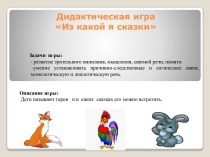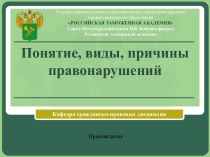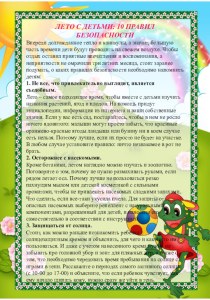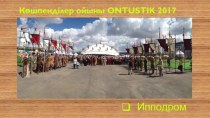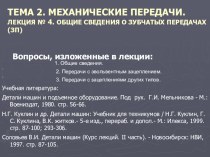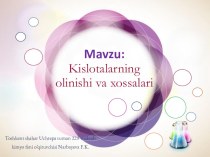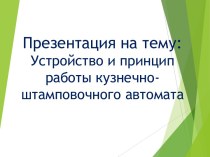- Главная
- Разное
- Бизнес и предпринимательство
- Образование
- Развлечения
- Государство
- Спорт
- Графика
- Культурология
- Еда и кулинария
- Лингвистика
- Религиоведение
- Черчение
- Физкультура
- ИЗО
- Психология
- Социология
- Английский язык
- Астрономия
- Алгебра
- Биология
- География
- Геометрия
- Детские презентации
- Информатика
- История
- Литература
- Маркетинг
- Математика
- Медицина
- Менеджмент
- Музыка
- МХК
- Немецкий язык
- ОБЖ
- Обществознание
- Окружающий мир
- Педагогика
- Русский язык
- Технология
- Физика
- Философия
- Химия
- Шаблоны, картинки для презентаций
- Экология
- Экономика
- Юриспруденция
Что такое findslide.org?
FindSlide.org - это сайт презентаций, докладов, шаблонов в формате PowerPoint.
Обратная связь
Email: Нажмите что бы посмотреть
Презентация на тему Business englishlesson 10
Содержание
- 3. Let’s Travel to… Nice!http://www.youtube.com/watch?v=B9K0APDgZyY
- 4. SpeakingLet’s watch video 1 (See group)
- 5. Learn and translateI was born an optimist.I
- 6. Learn and translateIt is crucial to explain
- 7. TranslationЯ всегда искал возможностиВстречаться лицом к лицу
- 8. SPEAKING! Vocabularykeep goingto make mistakesstrengthsweaknessesaboutexactlyabovebelowTo influences smthвлиятьTo
- 9. Vocabulary. New!Учебные операции 1. читать - read
- 10. Vocabulary. New! 16. настроиться - make up one's
- 11. ListeningAudio 34 P. 13 b – questionsP.13c – questions. P. 13d4a. 5a, b.6 b
- 12. Reading 2BP. 14
- 13. EXERCISE 11. I (do) many things
- 14. GrammarEXERCISE 3 1. The teacher (mark)
- 15. Grammar. Let’s repeat! Present Simple and Present Continuous Tense.Present Simple vs Progressive Simple
- 16. Grammar
- 17. Grammar
- 19. Answer the questionsHow to use present in
- 20. Grammar. Let’s Learn! Future Simple vs Future ProgressiveFuture Simple I (will/am going) and Future Progressive.
- 21. Going to vs willhttps://www.youtube.com/watch?v=JfpBiVFqtrs&list=PLxSz4mPLHWDZgp8e6i0oyXOOrTAAaj0O7&index=72
- 22. Grammar. Rules. Future Simple (will)Will future expresses:a spontaneous
- 23. Grammar. Rules. Future Simple (going to)Going to future
- 24. Grammar. Rules. Future Simple (going to)2. To
- 25. Future time table
- 26. Answer the questionsWhich tenses and verb forms
- 27. Vocabulary. VERBS Let’s check words: see prints
- 28. Vocabulary. Nouns.
- 29. Check words
- 30. Vocabulary. Let’s read.
- 31. SpeakingLearning something new is a challenge for
- 32. Speaking (text)
- 33. TranslationОчень важно находить решения сегодня и искать
- 34. TranslationНаучиться чему-то новому – это вызов для
- 35. Vocabulary. New! Speaking.
- 36. Vocabulary. New! POV. Если ты не рискуешь,
- 37. Vocabulary. New! Speaking.
- 38. https://www.youtube.com/watch?v=7Kt4nz8KT_Y&index..
- 39. Video
- 40. Video 1.https://vk.com/videos-51506472?section=album_50407624&z=video-51506472_166884967%2Fclub51506472Watch 4 videos Rob & Jenny
- 41. Business english
- 42. Business englishhttps://vk.com/videos-86689605?section=album_1
- 43. Let’s checkMake sureTo let know
- 44. Business english. Check HomeworkHi, Jaanna. Hope you’re
- 45. Business english. New!Your training manager has asked
- 46. To say goodbye!You tell me
- 47. Writing LettersJBM срочно уезжает и просит тебя
- 48. New!Many thanks for helping out with conference.
- 49. Business Vocabulary. Printshttp://www.abaenglish.com/blog/business-grammar-how-to-interrupt-a-meeting/
- 50. More HOMEWORK!
- 51. To beI amYou areHe isWe areYou are They are I wasYou wereHe wasWe wereYou wereThey were
- 52. Grammar. Past Simple vs Past ProgressivePast Simple and Past Continuous Tense.
- 53. Past SimplePast Simple
- 54. Past Continuous (progressive) Past Progressive
- 55. Grammar. Let’s comparePast Simple vs Past Progressive
- 56. Grammar. Let’s comparePast Simple vs Past Progressive
- 57. Скачать презентацию
- 58. Похожие презентации
Let’s Travel to… Nice!http://www.youtube.com/watch?v=B9K0APDgZyY
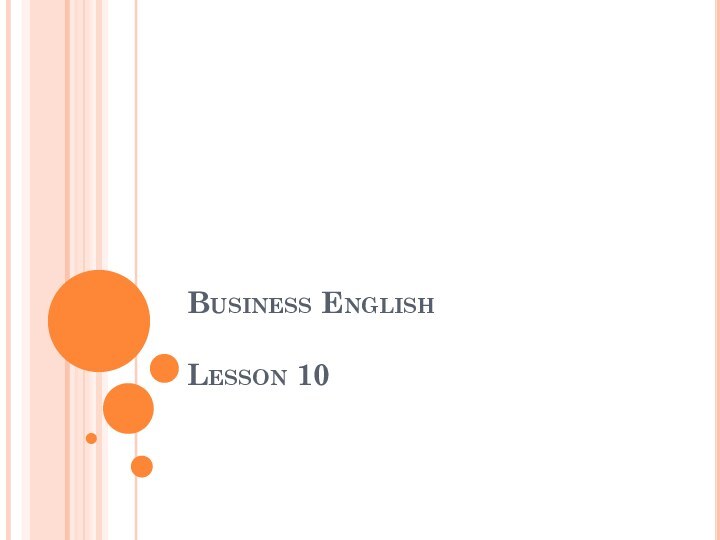





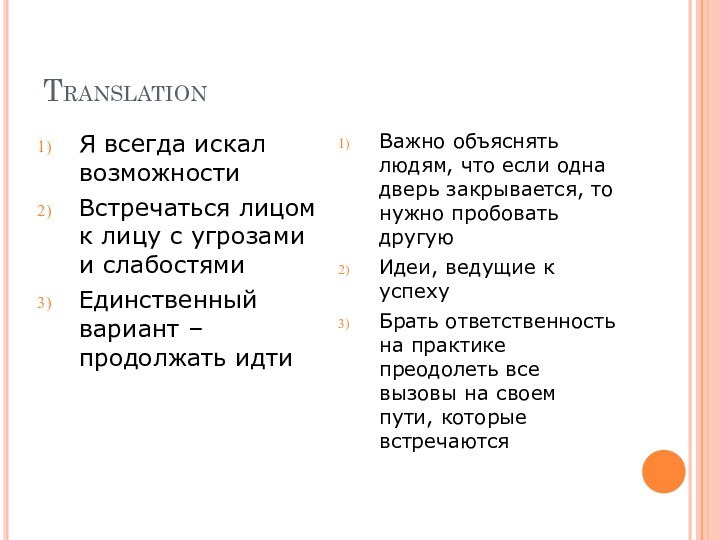
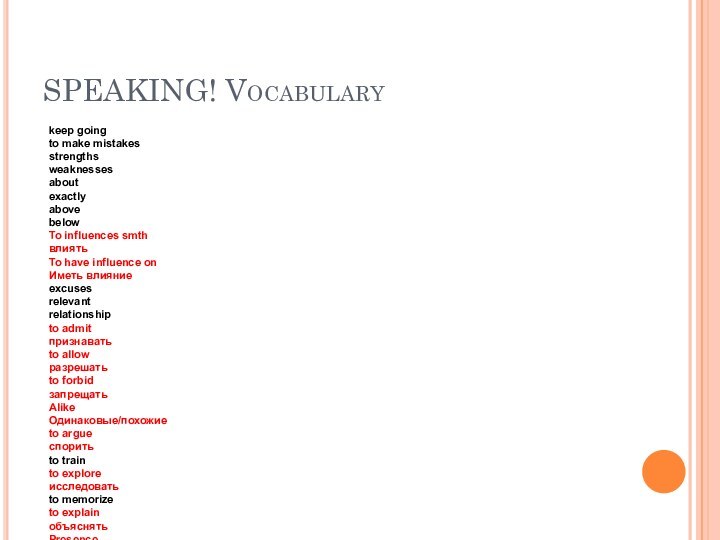
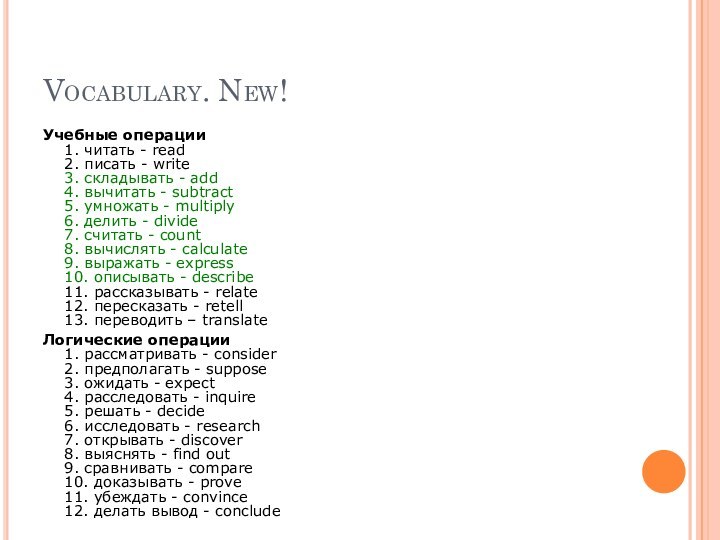




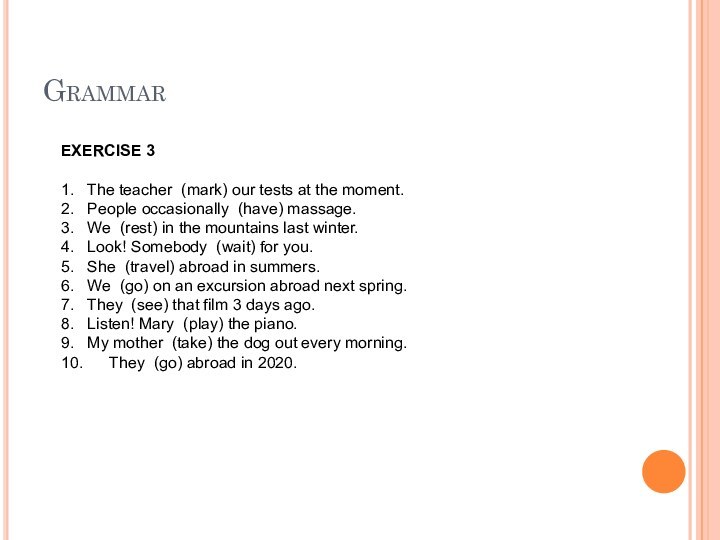

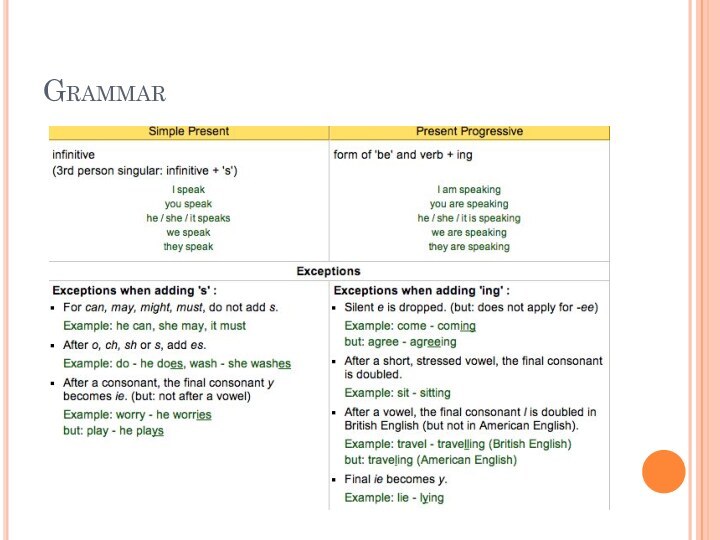
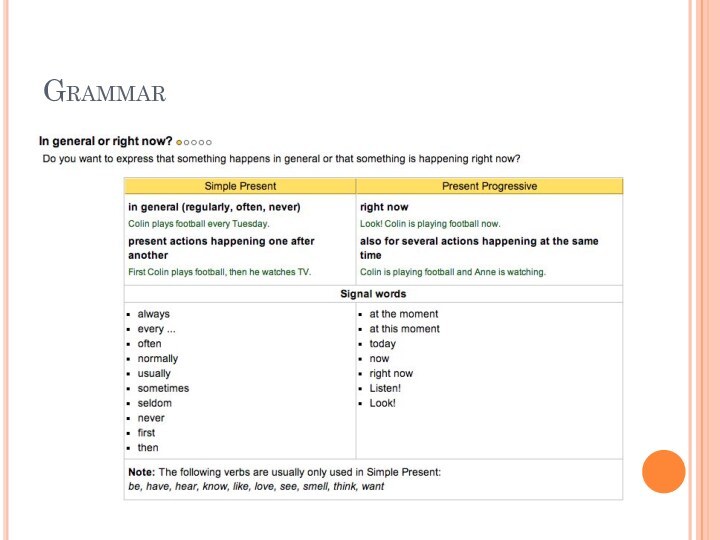
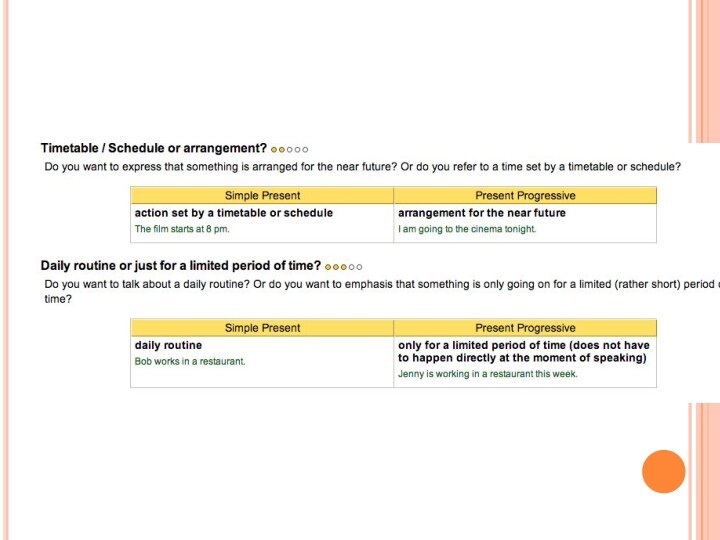

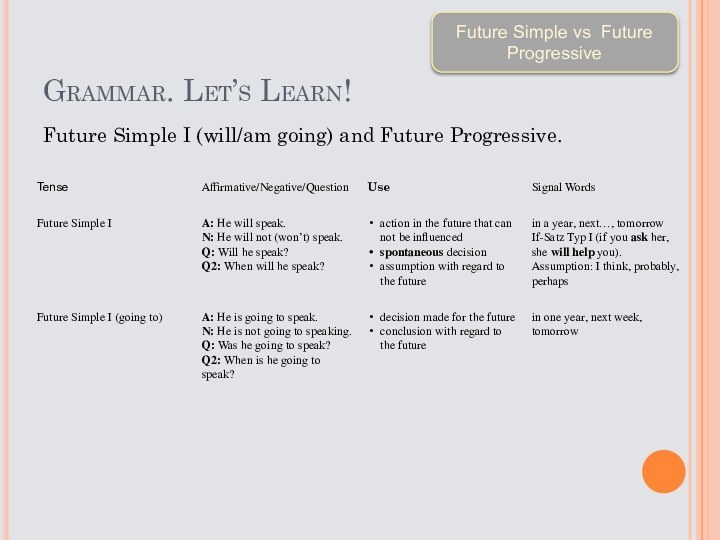


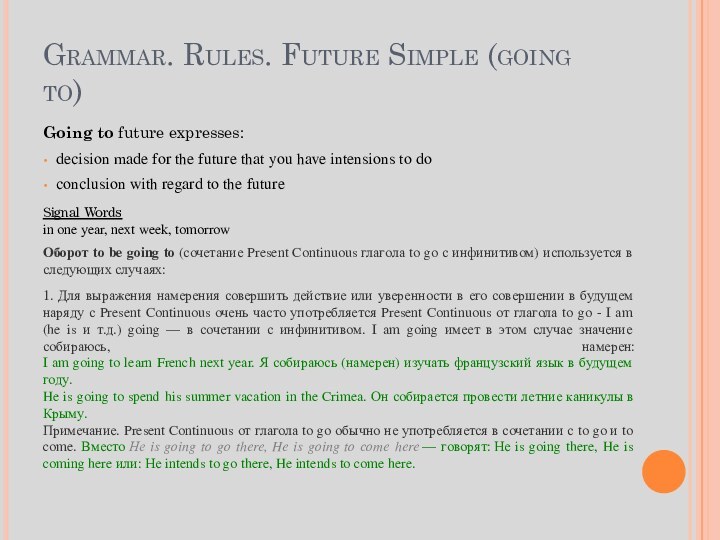
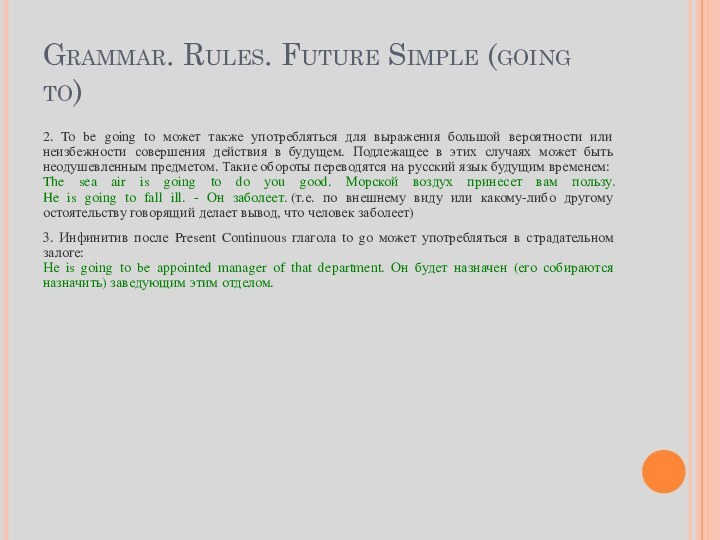
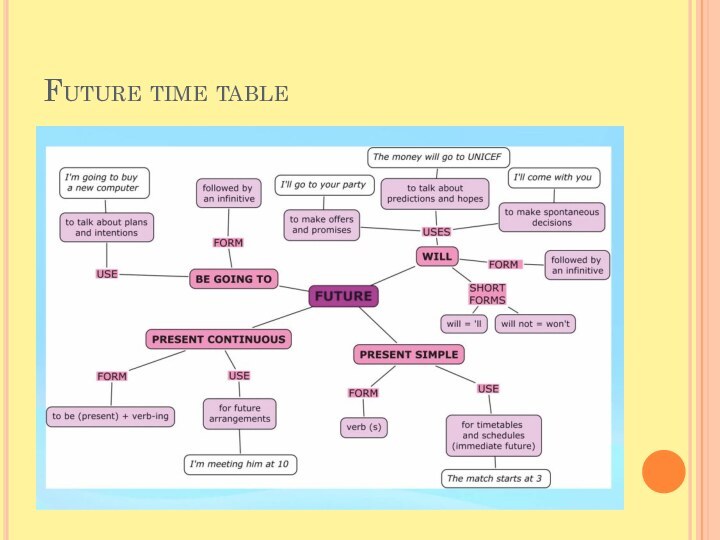
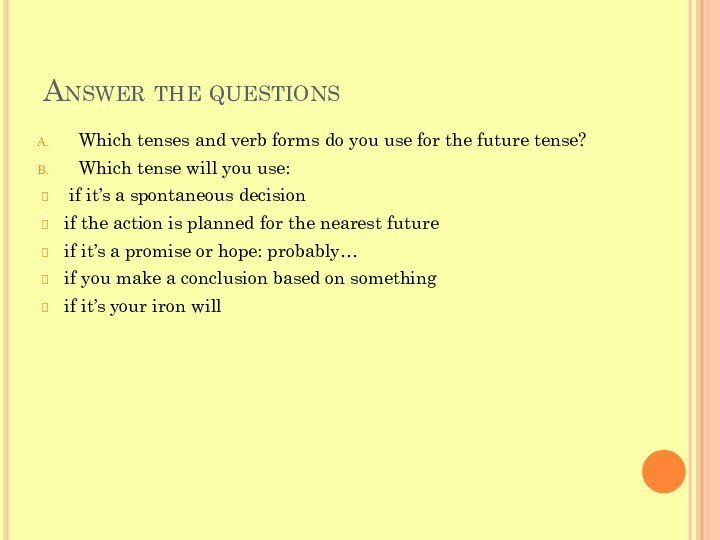

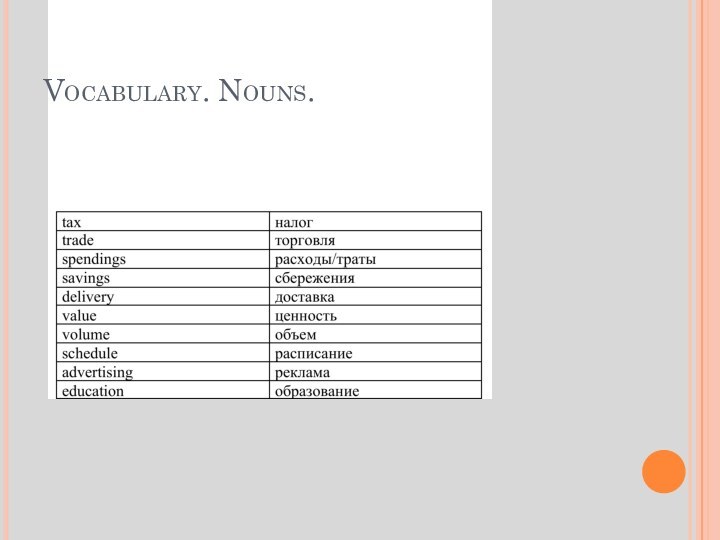
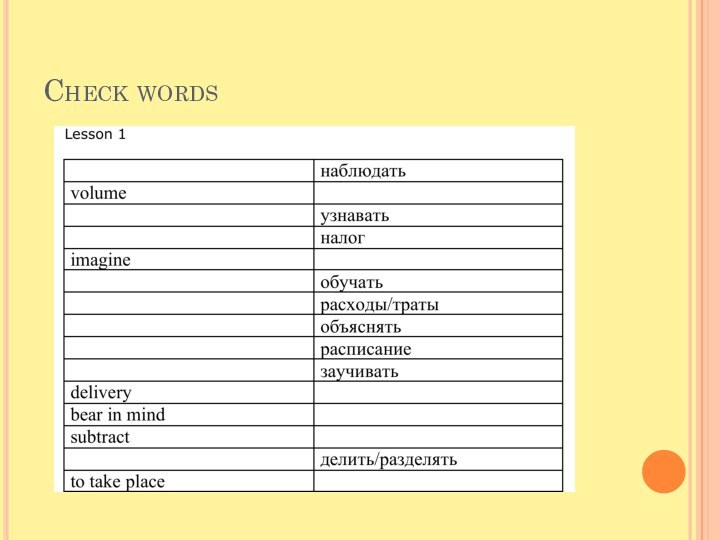

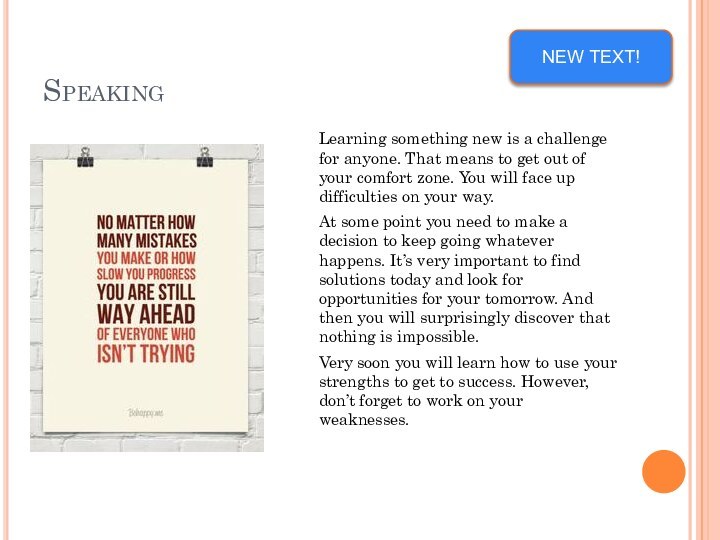

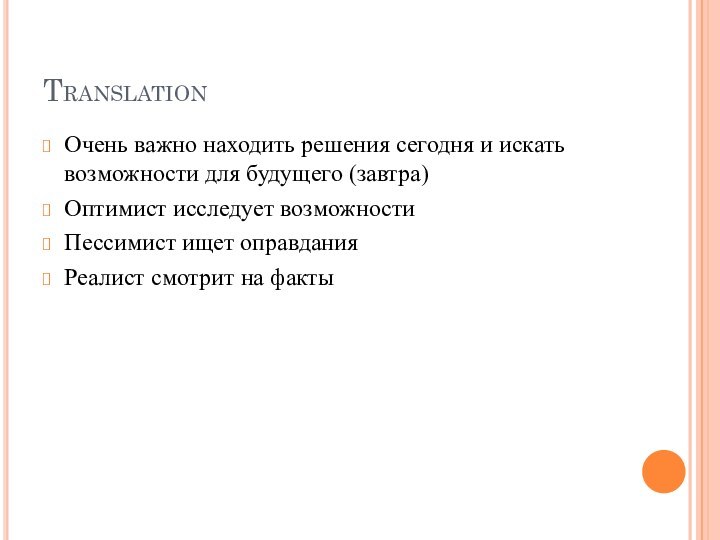
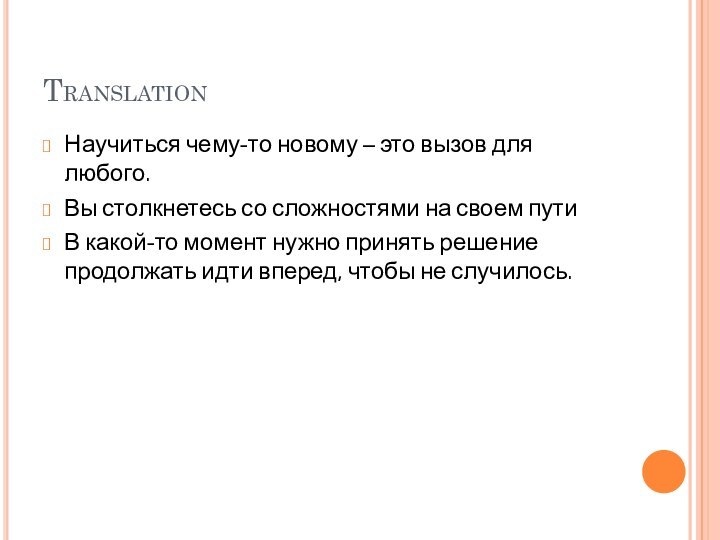
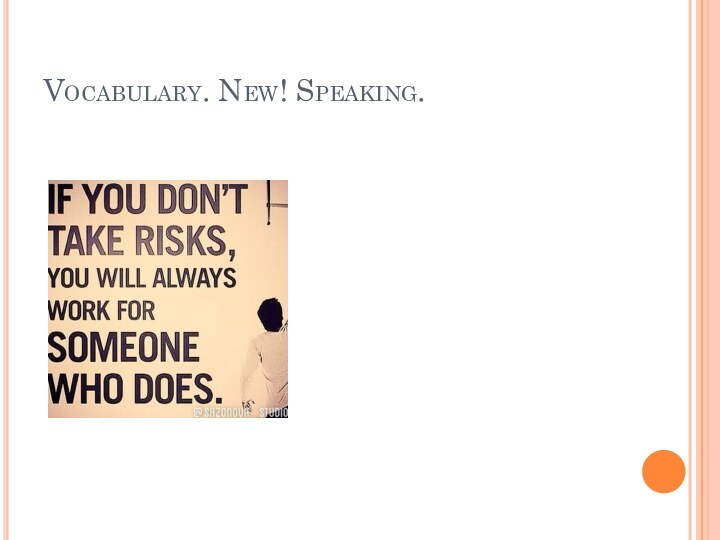
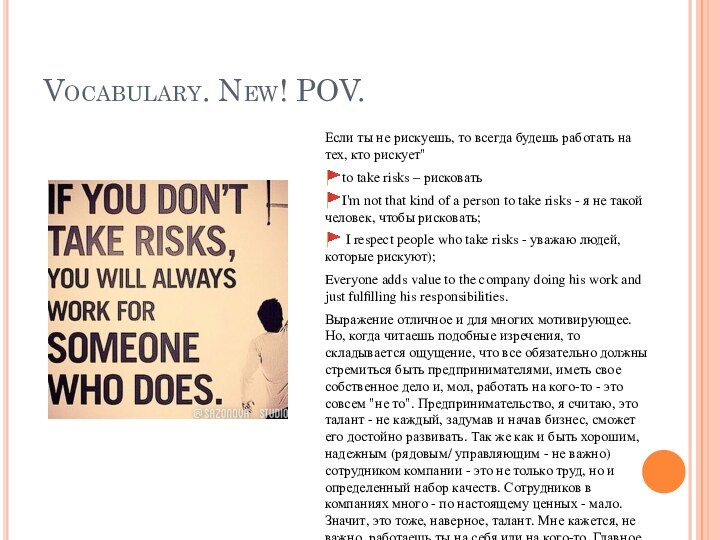










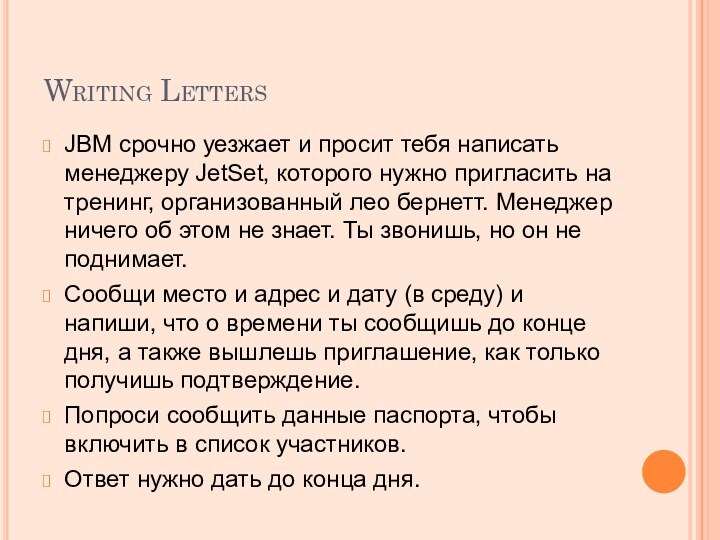


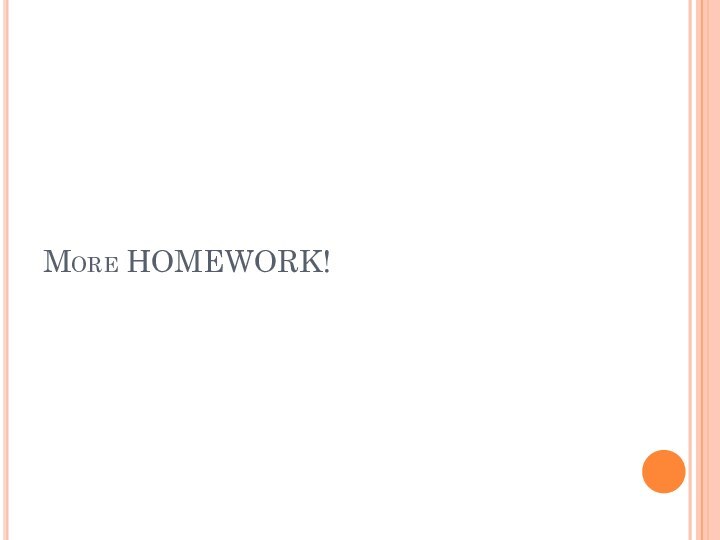



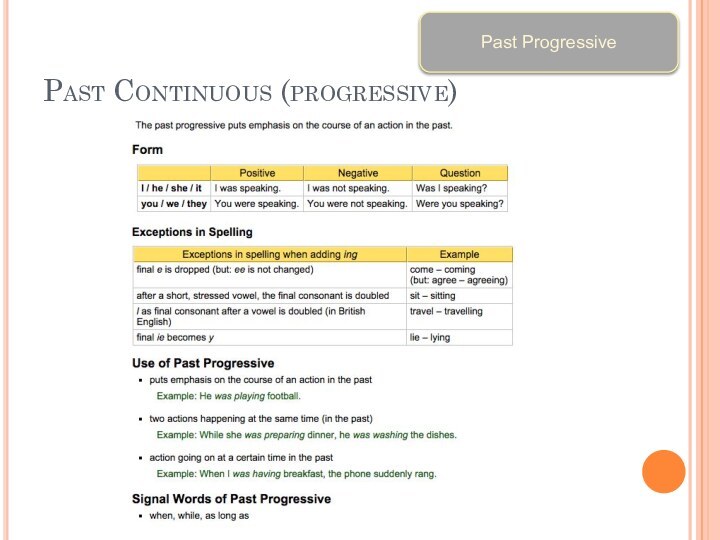
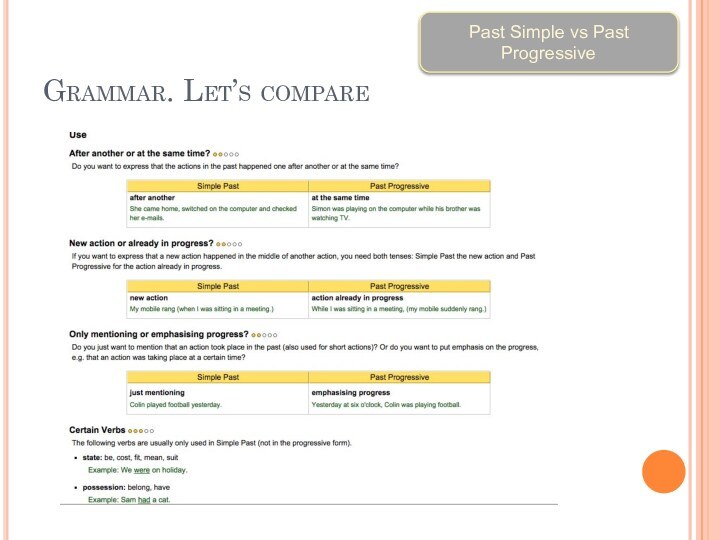
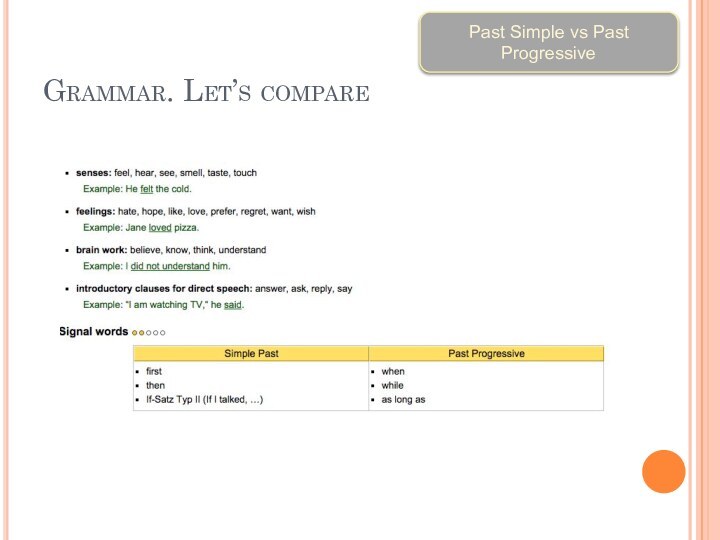
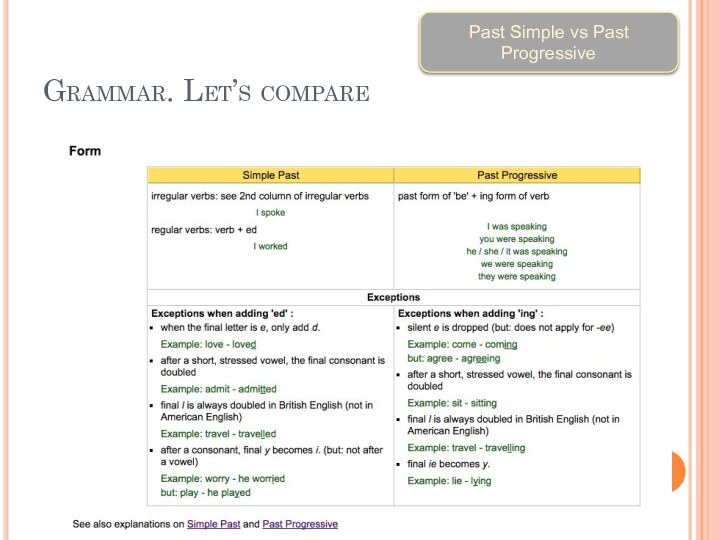
Слайд 6
Learn and translate
It is crucial to explain people
around that if one door is closed you should
try another one. And then to recognize the ideas leading to success. You can memorize hundreds of theoretical books but it’s far more important to take a responsibility to overcome all the challenges you meet on your way on practice.
Слайд 7
Translation
Я всегда искал возможности
Встречаться лицом к лицу с
угрозами и слабостями
Единственный вариант – продолжать идти
Важно объяснять людям,
что если одна дверь закрывается, то нужно пробовать другуюИдеи, ведущие к успеху
Брать ответственность на практике преодолеть все вызовы на своем пути, которые встречаются
Слайд 8
SPEAKING! Vocabulary
keep going
to make mistakes
strengths
weaknesses
about
exactly
above
below
To influences smth
влиять
To have
influence on
Иметь влияние
excuses
relevant
relationship
to admit
признавать
to allow
разрешать
to forbid
запрещать
Alike
Одинаковые/похожие
to argue
спорить
to
trainto explore
исследовать
to memorize
to explain
объяснять
Presence
Присутствие
Absence
отсутствие
Attitude
Отношение к чему-то
results
to look for
искать
to offer
Threats
Угроза
opportunities
возможности
leading
To take a challenge
To feel like
sociable
to get on well / to get along
Хорошо ладить/уживаться
sense of humour
more compatible
Более конкурентноспособный
to go on a date
Ходить на свидание
to be into something
Быть увлеченным чем-то
take responsibility
Брать ответственность
abundance
излишество
Lack - недостаток
luck
to add
child
adult
solutions
Decisions
решения
Possibilities возможности
conversation
to act - действовать
to take risks
to discover - открыть
Слайд 9
Vocabulary. New!
Учебные операции
1. читать - read
2. писать -
write 3. складывать - add 4. вычитать - subtract 5. умножать -
multiply 6. делить - divide 7. считать - count 8. вычислять - calculate 9. выражать - express 10. описывать - describe 11. рассказывать - relate 12. пересказать - retell 13. переводить – translateЛогические операции 1. рассматривать - consider 2. предполагать - suppose 3. ожидать - expect 4. расследовать - inquire 5. решать - decide 6. исследовать - research 7. открывать - discover 8. выяснять - find out 9. сравнивать - compare 10. доказывать - prove 11. убеждать - convince 12. делать вывод - conclude
Слайд 10
Vocabulary. New!
16. настроиться - make up one's mind
17.
передумать - change one's mind 18. экспериментировать - experiment 19. анализировать
- analyze 20. обрабатывать данные - process data21. различать - distinguish
Слайд 13
EXERCISE 1
1. I (do) many things every
day.
2. She (cook) at the moment.
3. They
(have) a party last Sunday.4. We (do) it tomorrow.
5. She (write) this exercise 2 weeks ago.
6. He usually (buy) modern clothes.
7. Look! The children (play) snowballs.
8. They (write) a quick-test yesterday.
9. They sometimes (break) their toys.
10. The boy (get) only good marks last year.
EXERCISE 2
1. Listen! Somebody (shout).
2. We often (go) to school by bus.
3. They (buy) their car in 2010.
4. I (wait) for the teacher now.
5. My granny (visit) us next week.
6. They (rest) on the beach every summer.
7. I (color) the picture right now.
8. They (cook) a tasty meal last week.
9. I always (drink) tea in the morning.
10. They (work) harder next year.
Grammar
Слайд 14
Grammar
EXERCISE 3
1. The teacher (mark) our
tests at the moment.
2. People occasionally (have) massage.
3.
We (rest) in the mountains last winter.4. Look! Somebody (wait) for you.
5. She (travel) abroad in summers.
6. We (go) on an excursion abroad next spring.
7. They (see) that film 3 days ago.
8. Listen! Mary (play) the piano.
9. My mother (take) the dog out every morning.
10. They (go) abroad in 2020.
Слайд 15
Grammar. Let’s repeat!
Present Simple and Present Continuous
Tense.
Present Simple vs Progressive Simple
Слайд 19
Answer the questions
How to use present in positive/negative/questions?
What
tense should we use?
1. …if action is planned
for the nearest future. Are there any exceptions? 2. …if action takes place every day?
3. …if action happens for a limited period?
4. …if actions happen one after another?
5. …if actions happen at the same time?
6. if action is scheduled?
When do we add –es? What happens when to the word that ends to –y in the 3rd person singular? What happens to the words ending to -ie? What are the exceptions?
What are the words that show us which time to use?
Слайд 20
Grammar. Let’s Learn!
Future Simple vs Future Progressive
Future
Simple I (will/am going) and Future Progressive.
Слайд 21
Going to vs will
https://www.youtube.com/watch?v=JfpBiVFqtrs&list=PLxSz4mPLHWDZgp8e6i0oyXOOrTAAaj0O7&index=72
Слайд 22
Grammar. Rules. Future Simple (will)
Will future expresses:
a spontaneous decision
an
assumption with regard to the future
an action in
the future that cannot be influenced.Use of will Future
a spontaneous decision
example: Wait, I will help you.
an opinion, hope, uncertainty or assumption regarding the future
example: He will probably come back tomorrow.
a promise
example: I will not watch TV tonight.
an action in the future that cannot be influenced
example: It will rain tomorrow.
conditional clauses type I
example: If I arrive late, I will call you.
Signal Words
in a year, next …, tomorrow
I think, probably, perhaps
Слайд 23
Grammar. Rules. Future Simple (going to)
Going to future expresses:
decision
made for the future that you have intensions to
doconclusion with regard to the future
Signal Words
in one year, next week, tomorrow
Оборот to be going to (сочетание Present Continuous глагола to go с инфинитивом) используется в следующих случаях:
1. Для выражения намерения совершить действие или уверенности в его совершении в будущем наряду с Present Continuous очень часто употребляется Present Continuous от глагола to go - I am (he is и т.д.) going — в сочетании с инфинитивом. I am going имеет в этом случае значение собираюсь, намерен: I am going to learn French next year. Я собираюсь (намерен) изучать французский язык в будущем году. He is going to spend his summer vacation in the Crimea. Он собирается провести летние каникулы в Крыму. Примечание. Present Continuous от глагола to go обычно не употребляется в сочетании с to go и to come. Вместо Не is going to go there, He is going to come here — говорят: Не is going there, He is coming here или: Не intends to go there, He intends to come here.
Слайд 24
Grammar. Rules. Future Simple (going to)
2. To be
going to может также употребляться для выражения большой вероятности
или неизбежности совершения действия в будущем. Подлежащее в этих случаях может быть неодушевленным предметом. Такие обороты переводятся на русский язык будущим временем: The sea air is going to do you good. Морской воздух принесет вам пользу. He is going to fall ill. - Он заболеет. (т.е. по внешнему виду или какому-либо другому остоятельству говорящий делает вывод, что человек заболеет)3. Инфинитив после Present Continuous глагола to go может употребляться в страдательном залоге: Не is going to be appointed manager of that department. Он будет назначен (его собираются назначить) заведующим этим отделом.
Слайд 26
Answer the questions
Which tenses and verb forms do
you use for the future tense?
Which tense will
you use: if it’s a spontaneous decision
if the action is planned for the nearest future
if it’s a promise or hope: probably…
if you make a conclusion based on something
if it’s your iron will
Слайд 31
Speaking
Learning something new is a challenge for anyone.
That means to get out of your comfort zone.
You will face up difficulties on your way.At some point you need to make a decision to keep going whatever happens. It’s very important to find solutions today and look for opportunities for your tomorrow. And then you will surprisingly discover that nothing is impossible.
Very soon you will learn how to use your strengths to get to success. However, don’t forget to work on your weaknesses.
NEW TEXT!
Слайд 33
Translation
Очень важно находить решения сегодня и искать возможности
для будущего (завтра)
Оптимист исследует возможности
Пессимист ищет оправдания
Реалист смотрит на
факты
Слайд 34
Translation
Научиться чему-то новому – это вызов для любого.
Вы столкнетесь со сложностями на своем пути
В какой-то момент
нужно принять решение продолжать идти вперед, чтобы не случилось.
Слайд 36
Vocabulary. New! POV.
Если ты не рискуешь, то
всегда будешь работать на тех, кто рискует"
?to take
risks – рисковать ?I'm not that kind of a person to take risks - я не такой человек, чтобы рисковать;
? I respect people who take risks - уважаю людей, которые рискуют);
Everyone adds value to the company doing his work and just fulfilling his responsibilities.
Выражение отличное и для многих мотивирующее. Но, когда читаешь подобные изречения, то складывается ощущение, что все обязательно должны стремиться быть предпринимателями, иметь свое собственное дело и, мол, работать на кого-то - это совсем "не то". Предпринимательство, я считаю, это талант - не каждый, задумав и начав бизнес, сможет его достойно развивать. Так же как и быть хорошим, надежным (рядовым/ управляющим - не важно) сотрудником компании - это не только труд, но и определенный набор качеств. Сотрудников в компаниях много - по настоящему ценных - мало. Значит, это тоже, наверное, талант. Мне кажется, не важно, работаешь ты на себя или на кого-то. Главное, делать это качественно, ответственно и с любовью
Слайд 40
Video 1.
https://vk.com/videos-51506472?section=album_50407624&z=video-51506472_166884967%2Fclub51506472
Watch 4 videos Rob & Jenny Vkontakte
on the wall.
Retell and prepare 5 questions for
me.Be ready to discuss.
Слайд 44
Business english. Check Homework
Hi, Jaanna. Hope you’re feeling
better.
I’m afraid I won’t be able to see you
on Thursday.Let me know when you’re going to be in town.
Look/looking forward to hearing from you.
Speak to you later!
Слайд 45
Business english. New!
Your training manager has asked me
to write to you.
It’s about organizing language training.
I’ll call
you at the end of the week.If you have any questions, please, don’t hesitate to call me.
If you have any comments, please, let us know.
Слайд 47
Writing Letters
JBM срочно уезжает и просит тебя написать
менеджеру JetSet, которого нужно пригласить на тренинг, организованный лео
бернетт. Менеджер ничего об этом не знает. Ты звонишь, но он не поднимает.Сообщи место и адрес и дату (в среду) и напиши, что о времени ты сообщишь до конце дня, а также вышлешь приглашение, как только получишь подтверждение.
Попроси сообщить данные паспорта, чтобы включить в список участников.
Ответ нужно дать до конца дня.
Слайд 48
New!
Many thanks for helping out with conference.
I
would like to apologize for delay/problems we had.
Let’s hope
we have better luck next time.I would like to invite you to lunch next week (but for the meeting)
Are you free for lunch for Friday? Please, let me know if you can come.
Many thanks for invitation. I would love to come
We are sorry to inform you that Raj Singh has left the company. I was very sorry to hear about Raj.
Please, pass on my best wishes














